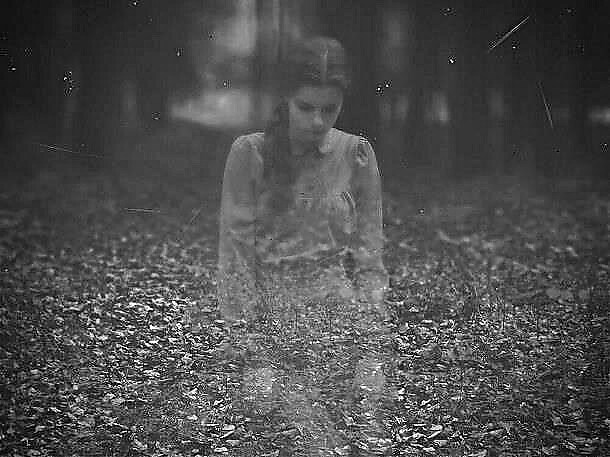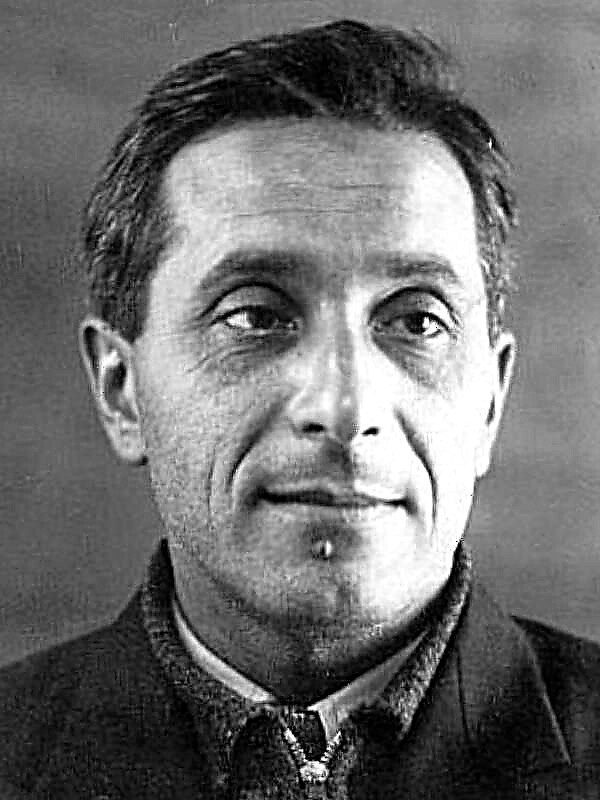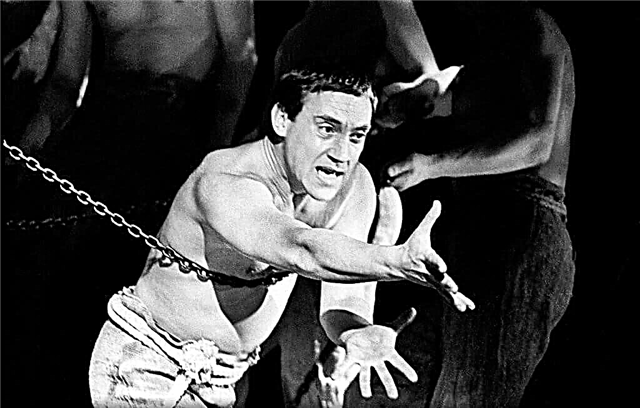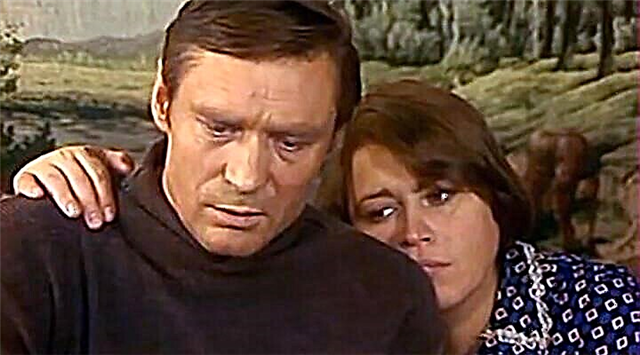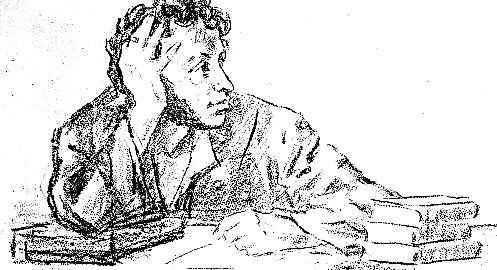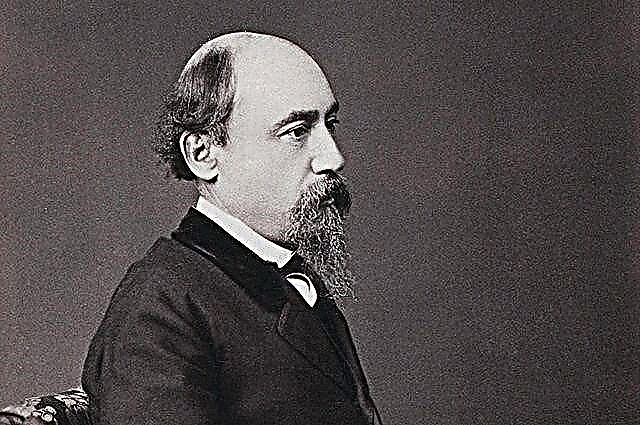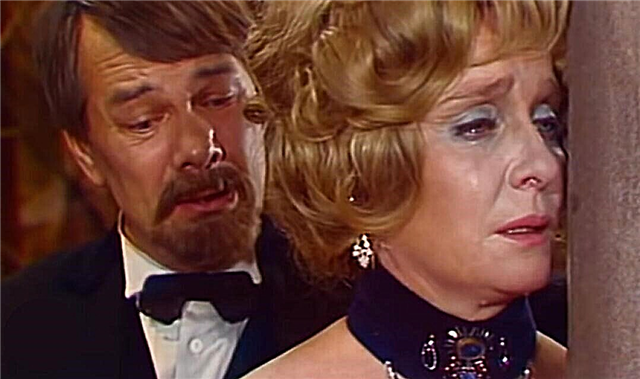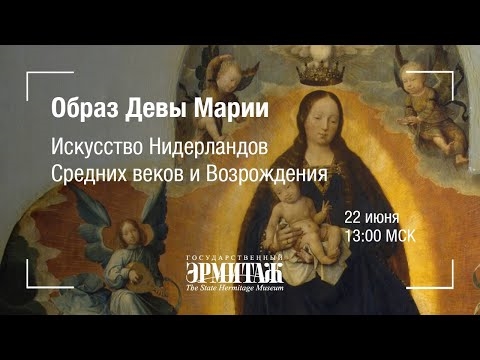Everyone who read Chernyshevsky’s work “What to do?” Must have noted the peculiarity of the compositional structure of the novel. The author shares his thoughts with readers, talks about his ideals by describing the dreams of the main character. All of them are not perceived literally and conceal a hidden meaning.
First dream
About what? The heroine was imprisoned in the basement, but suddenly freed from captivity and ended up in a field where ripe ears of corn turned yellow. At the same time, Vera recovered: she seemed to be paralyzed, but after her release she began to feel better. A woman spoke to her, “the bride of her fiancé”, in this image the author portrayed love for people. The girl goes for a walk along the streets of the city, helping everyone she meets, because a new friend asked her to let the girls out of the basements and treat them.
Meaning. This dream means the liberation of Faith from the midst of the vulgar and limited people of the old formation. The dungeon is a symbol of the "dark kingdom", where darkness is ignorance and stuffiness is lack of freedom. The heroine’s parents are slaves of conventions and stereotypes; it is not without reason that the mother teaches her daughter to seduce a rich man and get married according to calculation. In their world, a woman is no longer capable of anything. Leaving the family, Vera is relieved: she no longer needs to try to sell herself. If earlier she lived in fear and anger due to the constant pressure of her mother, then after her release, love for humanity really comes to her. She learns that there are other people on Earth, not vulgar and not stupid. She approaches them on the streets in a dream, experiencing joy. “Love for people” calls itself the “bride of the bridegroom of Vera”, because it is Lopukhov who opens the heroine a new world. The request to release all the girls will inspire the heroine to create a sewing workshop.
Second dream
About what? Lopukhov and Mertsalov go to the field, where they talk about real and fantastic dirt. In the first, a healthy and natural life takes place, ears of corn appear, and the second - rotten and false, there is no fertility and essence. During this conversation, the girl sees her mother, mired in poverty and vigilant worries about food for the family. But at that moment, a smile brightened on the face of the exhausted woman. Then Vera sees that she is sitting on the officer’s lap. This vision is replaced by a scene where the heroine cannot get a job. The girl’s old acquaintance, Love for people, explains how important it is for Vera to forgive her mother for anger and cruelty: Marya Alekseevna put her whole life to bring her family out of poverty, so she became hardened to the world, which put her in such difficult conditions.
Meaning. The first two dreams are a reflection of Vera Pavlovna’s relationship with those who belonged to the world of the past. These people can be called vulgar, but they were made so difficult life circumstances. No matter how hard they try, they can’t get into people. All their work can hardly feed, but certainly not change the living conditions. The real dirt is the world of these poverty-stricken townsfolk, who, nevertheless, work and bring benefits to society. They can be reborn into good, responsible and moral citizens, but they need to be given the opportunity to live, not survive. Fantastic mud is an environment of idle, undeservedly benefited gentlemen, who are of no use. They care only about insignificant trifles, their inner world is cramped and wretched. This situation in society is artificial, so there are no natural and genuinely pure people capable of development. Through these stories, Chernyshevsky paints a picture of the social composition of Russian society - the poor and the rich. According to the author, good soil means working life, which is correct. On it grow ears of morality. Fantastic is the lack of labor, parasitism.
Third dream
About what? Singer Bosio picks up Vera's diary, which does not exist in reality, and reads it with her. There are details of the relationship of the heroine with Lopukhov. From the last page, which the girl is afraid to open, it becomes clear that she wants, but cannot love her husband. She respects and appreciates him, but their feelings are just friendly affection. Vera loves Kirsanov.
Meaning. In this dream, the heroine comprehends the true nature of her feelings and comes to the conclusion that she must freely control herself, despite the marriage. The main thing is a heart inclination, and if it has changed, you need to follow it, and not observe formal decencies because of fear of public censure. This is one of the most important elements of emancipation, which makes a woman a full-fledged mistress of her body and her soul. She has the right to decide who she should be with.
Fourth dream
About what? Faith sees all kinds of goddesses in chronological order: pagan Astarte, ancient Greek Aphrodite, “Purity”, as a reflection of the Mother of God, etc. Through a parade of goddesses, a beauty leads her, in which Vera recognizes herself - an emancipated and independent lady of the new era. Also, a peculiar garden of paradise appears in front of her, where labor is voluntary, everyone is equal, free, no one forces anyone to anything.
Meaning. In this dream, the author portrayed the society of the future, where the socialist principles of "freedom, equality and fraternity" dominate. All goddesses reflect the social role of a woman, which changes over time: from the subject of pleasure and admiration to the completely logical ending - emancipation, when ladies become full members of society and bearers of diverse social roles. If Aphrodite is only entertainment for men, and Integrity is their property and reproductive organ, then Vera herself is an independent, intelligent and developed lady who is equal to the stronger sex, and not belittled and used by him.
If the first dream is a symbolic picture: not only the heroine leaves the old world, but all the girls "from the basement" finally break free, then they become emancipated in the fourth dream - the same symbolic picture. The whole of humanity is being renewed, remnants of the past are dying. We understand that the writer believed in the likelihood of a brighter future, and that anyone who could see such dreams somehow brought closer the moment of universal happiness and freedom.

